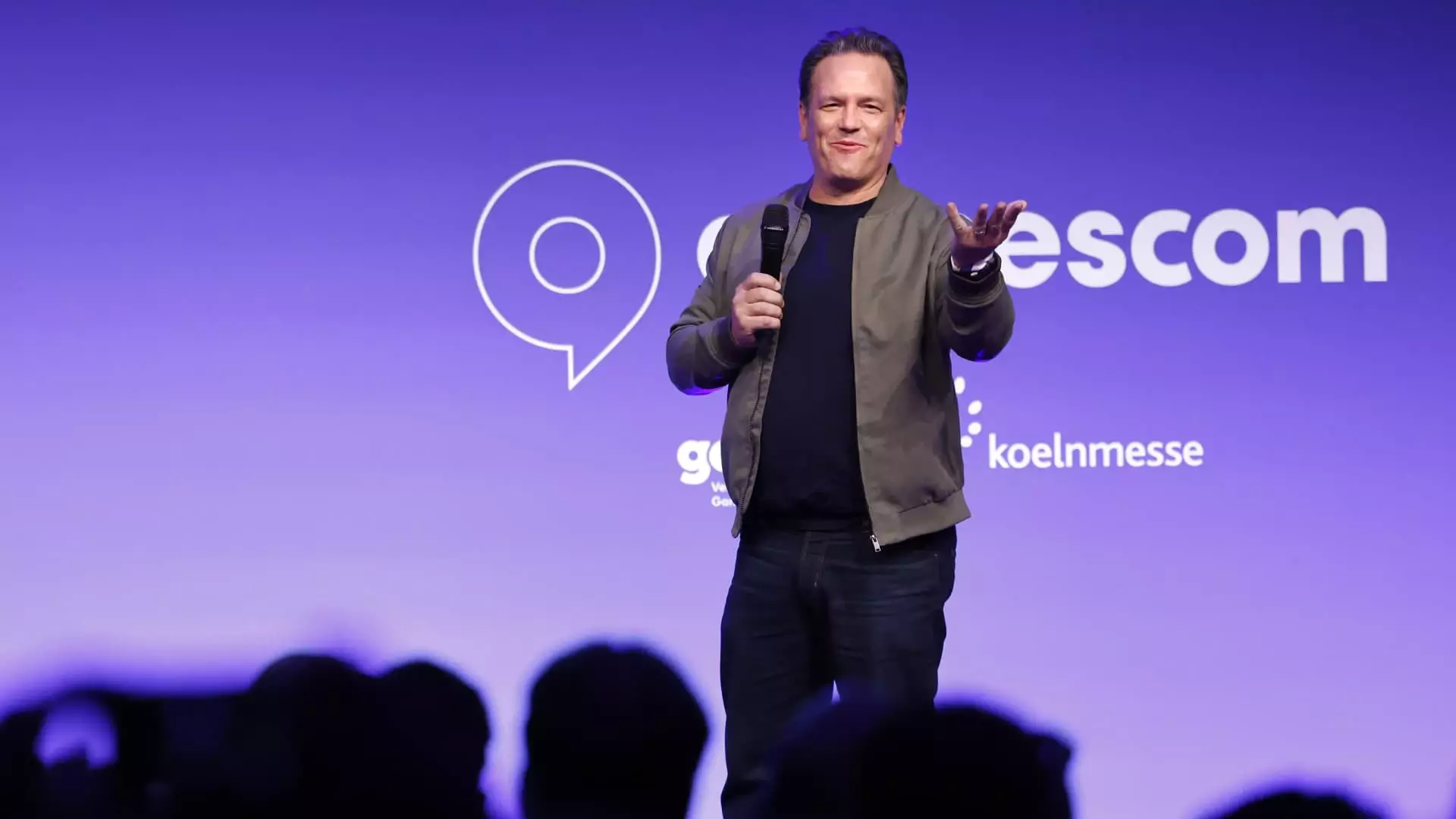In a significant move for the mobile gaming sector, Microsoft has announced that starting in November, users will be able to purchase and play video games directly through its Xbox app for Android devices. This strategic decision follows a pivotal ruling from a U.S. judge mandating that Google must allow alternatives to its Google Play app store, particularly in the aftermath of a lawsuit with Epic Games—a major player in the gaming industry known for its flagship title, Fortnite. This ruling heralds a new chapter not just for Microsoft, but also for the broader landscape of mobile gaming, as it promises increased competition and choice for consumers.
Implications of the Court Ruling
The recent court ruling that compels Google to open its mobile app store will allow companies like Microsoft to bypass the previous revenue-sharing model that favored Google. Sarah Bond, president of Xbox, emphasized this opportunity on social media, highlighting how it contributes to a more versatile and consumer-friendly environment. Although specifics regarding third-party titles from major developers like Electronic Arts were not disclosed, the potential for an expansive library of games on Android represents a pivotal transformation in how business is conducted in the mobile sector.
Microsoft’s move to engage Android users is noteworthy against the backdrop of its slow initial entry into mobile gaming compared to rivals like Google and Meta Platforms. After facing hurdles due to an antitrust case with the U.S. Justice Department, the tech giant’s recent acquisition of Activision Blizzard for $75.4 billion signals a renewed commitment to achieving a stronger foothold in mobile gaming. Phil Spencer, CEO of gaming at Microsoft, previously acknowledged that attracting mobile customers would be essential for Xbox’s relevance in an increasingly competitive market. With this new step, Microsoft is aligning itself to capture the attention of a wider audience.
Epic Games has already capitalized on the changing tide by offering its own app store, allowing users to download games directly from their website—an option that supports in-app purchases. Given this context, Bond’s announcement did not extend to plans for supporting Apple’s iOS devices. Apple’s restrictive policies have come under scrutiny in light of a recent antitrust indictment by the U.S. Justice Department, which argued that the company wields monopoly power by confining distribution to its App Store.
Meanwhile, Microsoft’s Game Pass Ultimate subscribers still enjoy cloud gaming on Apple and Android devices via web browsers, illustrating the adaptability required to compete effectively. This flexibility hints at a broader trend where companies may increasingly seek alternative channels for game distribution, thus fostering greater innovation and competition in the gaming market.
Closing Thoughts
As Microsoft embarks on this new initiative, it exemplifies a significant shift in the mobile gaming landscape. The implications of this ruling extend beyond a mere business decision; they signify a potential turning point in how games are purchased and played on mobile devices. For gamers, this means enhanced choices and possibly lower costs, while for Microsoft, it opens up a strategic avenue to capture a larger segment of the mobile gaming market. As competition heats up, the engagement from both Microsoft and Epic Games will likely push the boundaries of innovation within the gaming community.


Leave a Reply